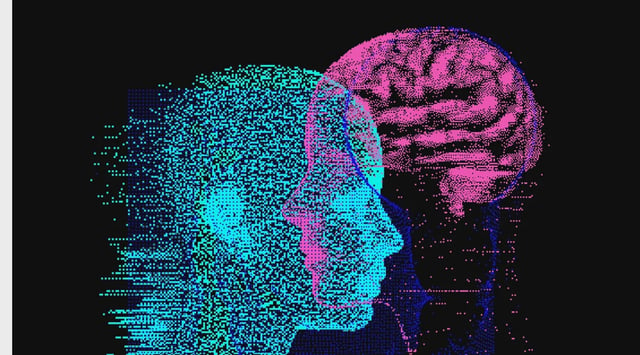Overview
- MIT researchers monitored 54 Boston-area volunteers aged 18–39 with EEG as they wrote SAT-style essays using ChatGPT, Google Search or no assistance over three sessions.
- Participants writing with ChatGPT showed the lowest neural, linguistic and behavioral engagement and had reduced activity in brain areas associated with memory, creativity and learning.
- Over repeated sessions, ChatGPT users increasingly relied on copy-and-paste prompts and demonstrated poor recall and weaker brain connectivity when asked to rewrite essays without assistance.
- The unaided brain-only group exhibited the strongest and most widespread neural connectivity, while the Google Search group achieved moderate engagement and better recall than AI-assisted peers.
- The study’s findings have not yet been peer-reviewed, and authors warn that frequent AI reliance could incur cognitive debt and urge careful evaluation before integrating generative tools into education.



